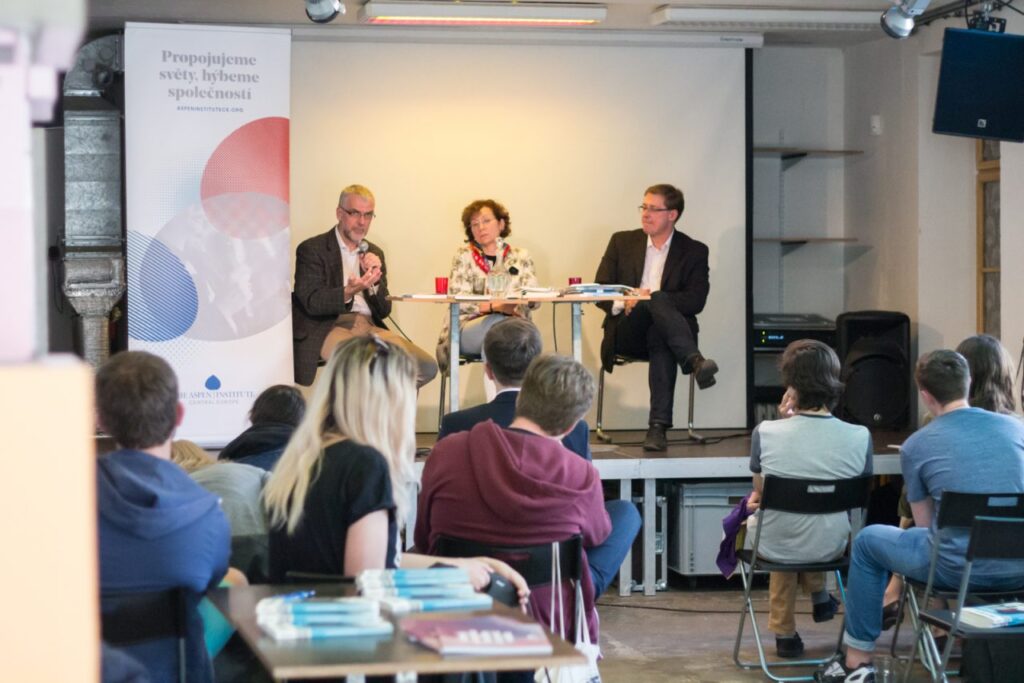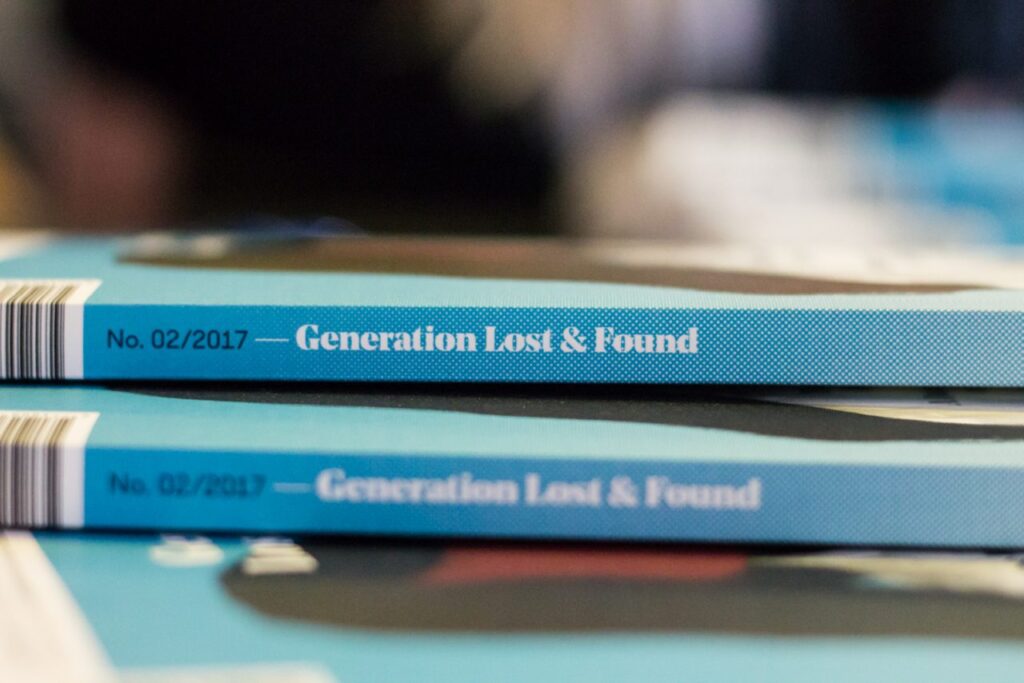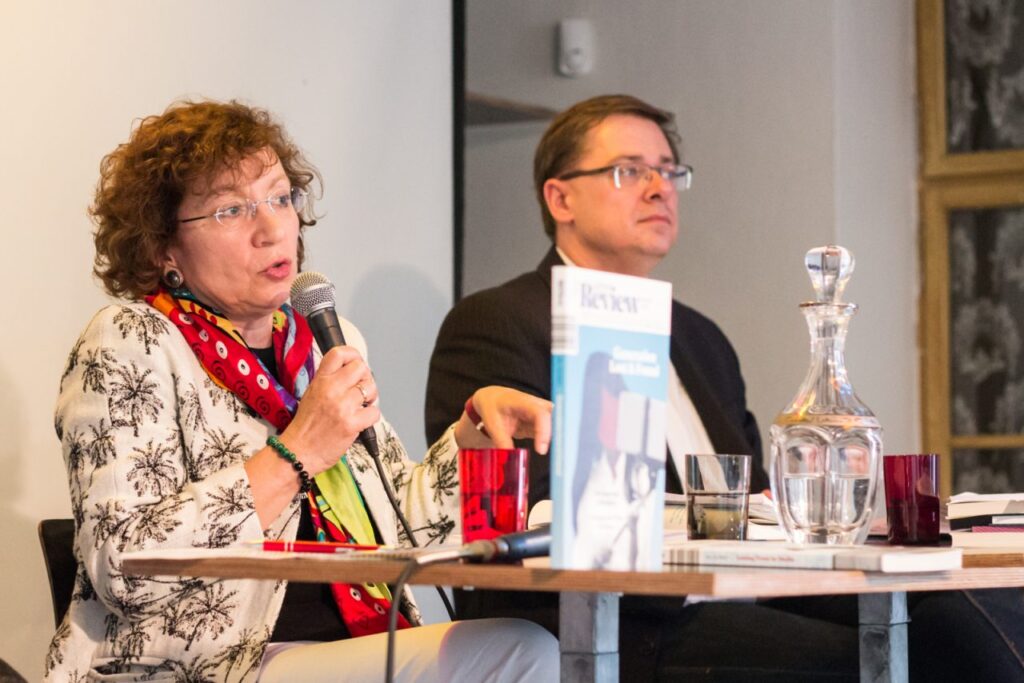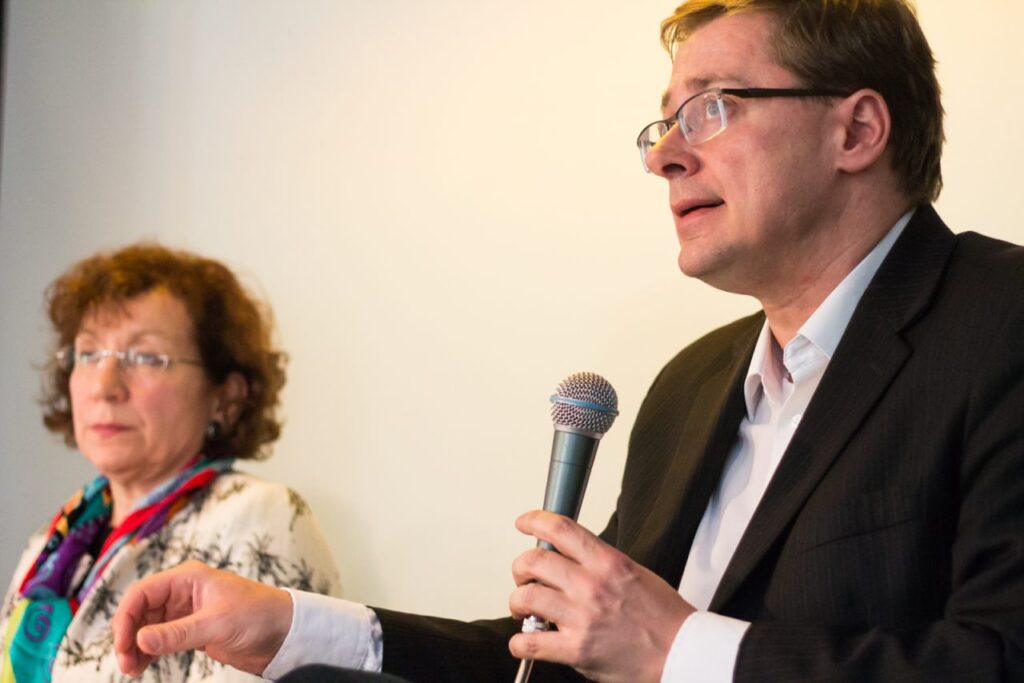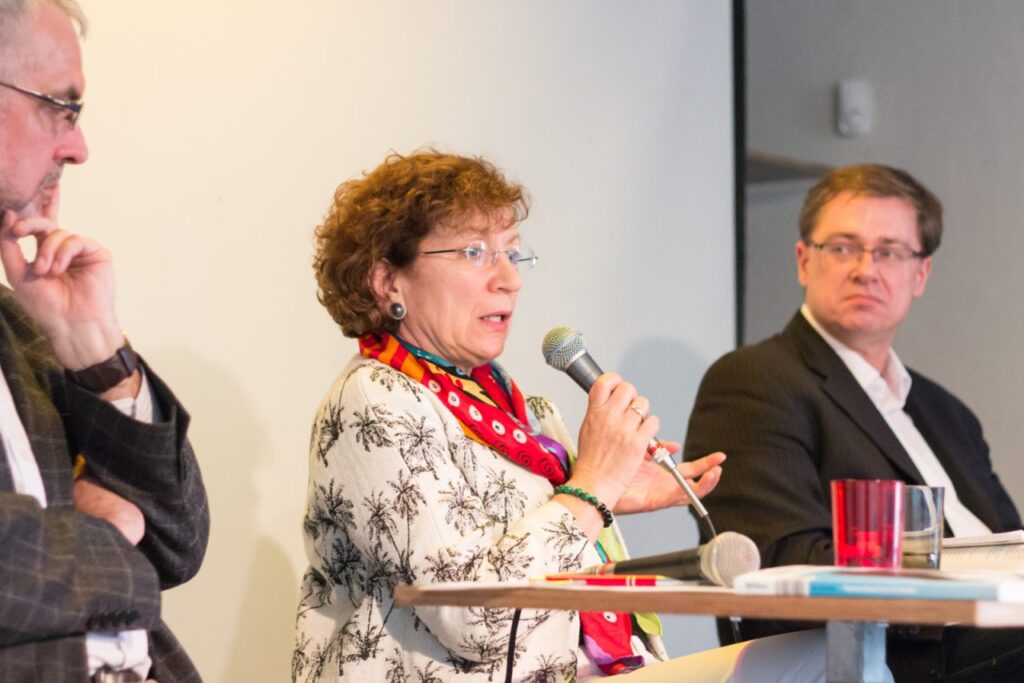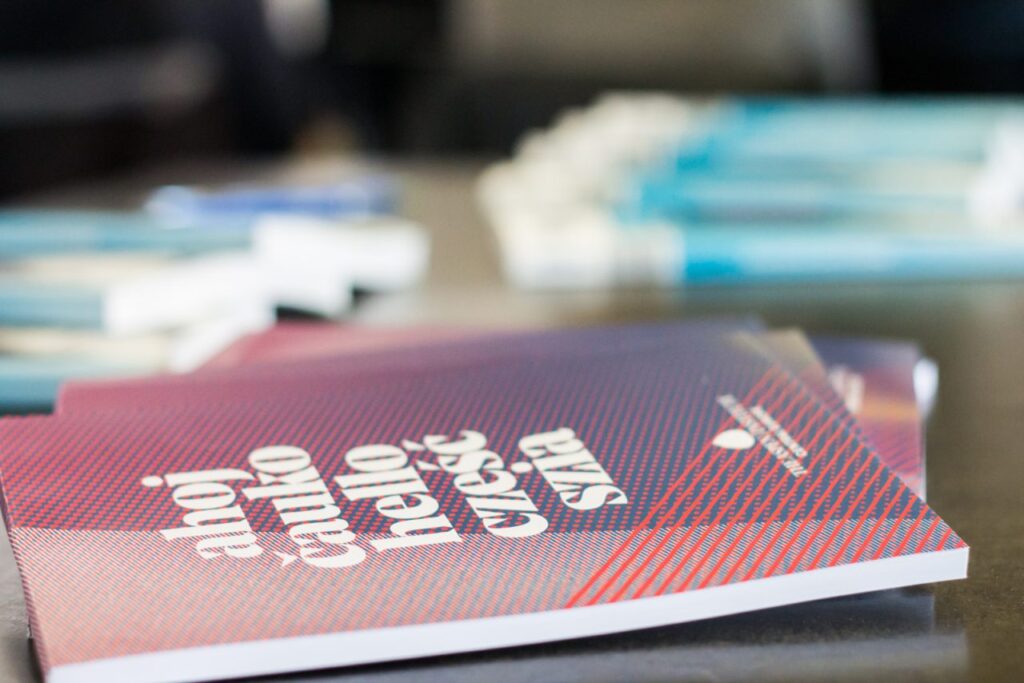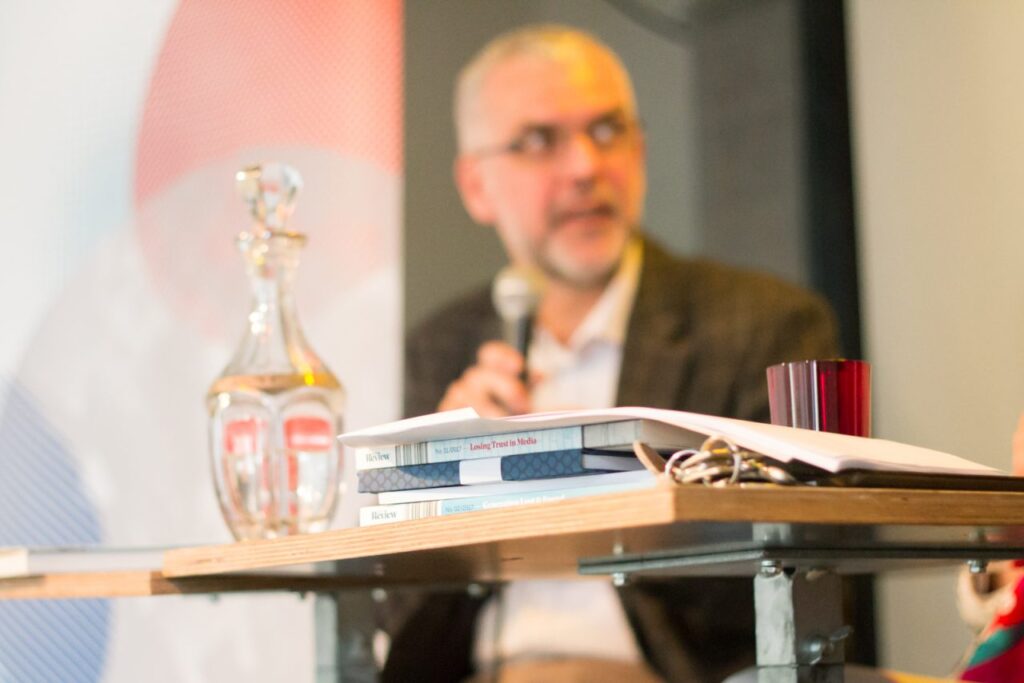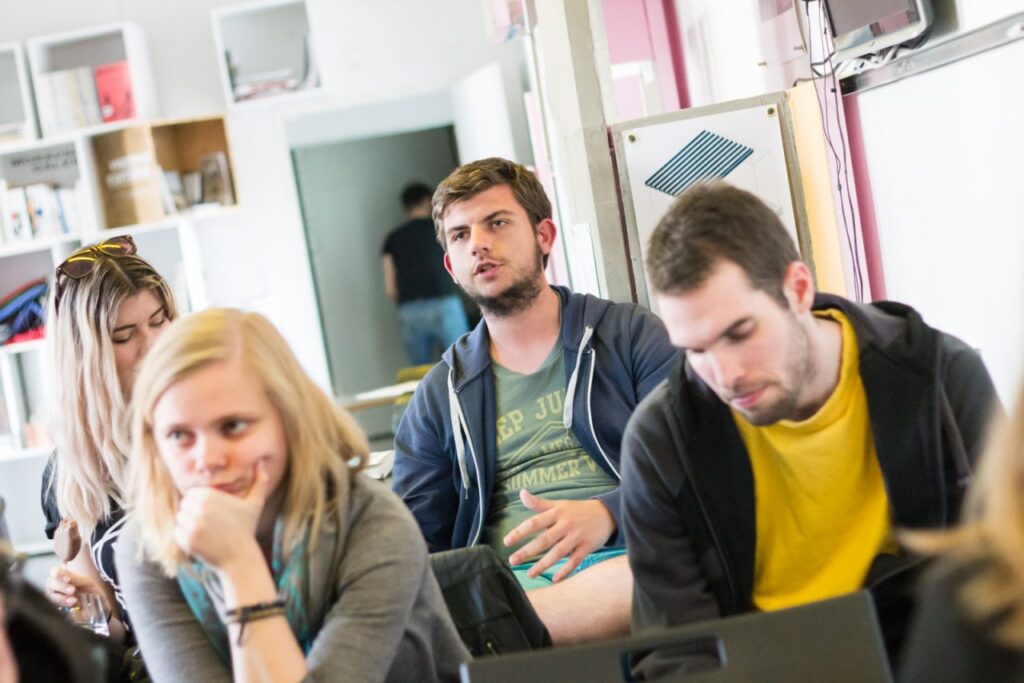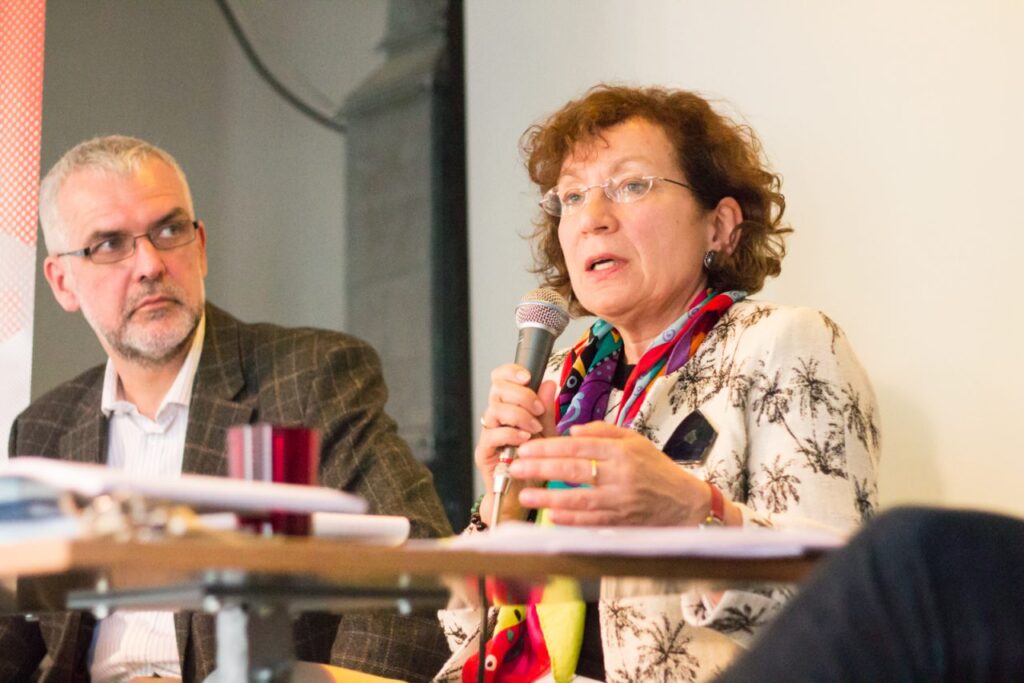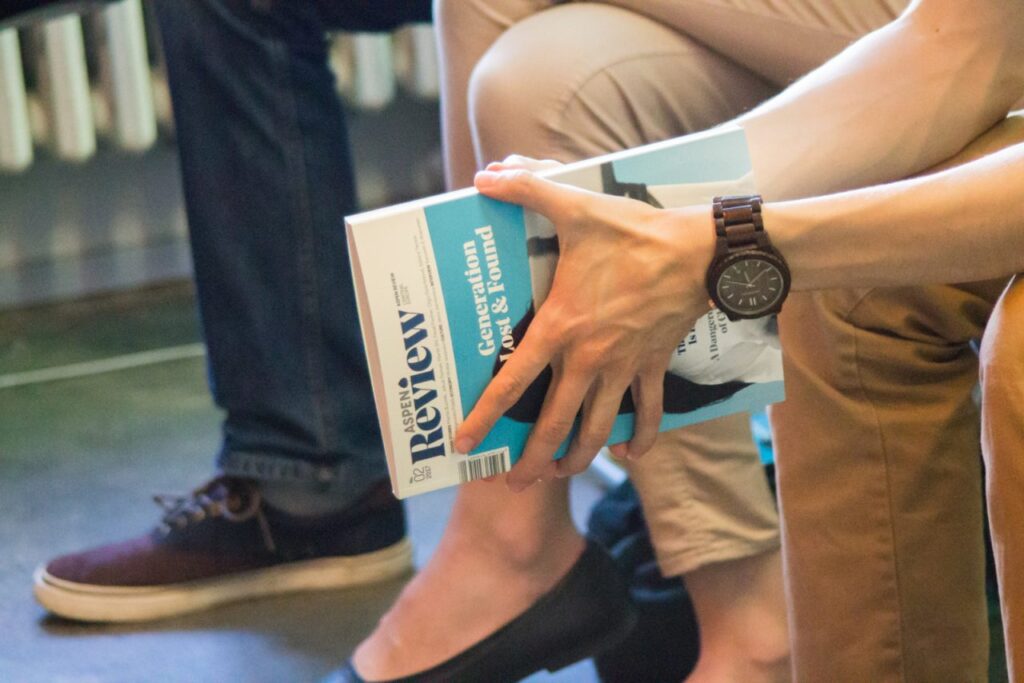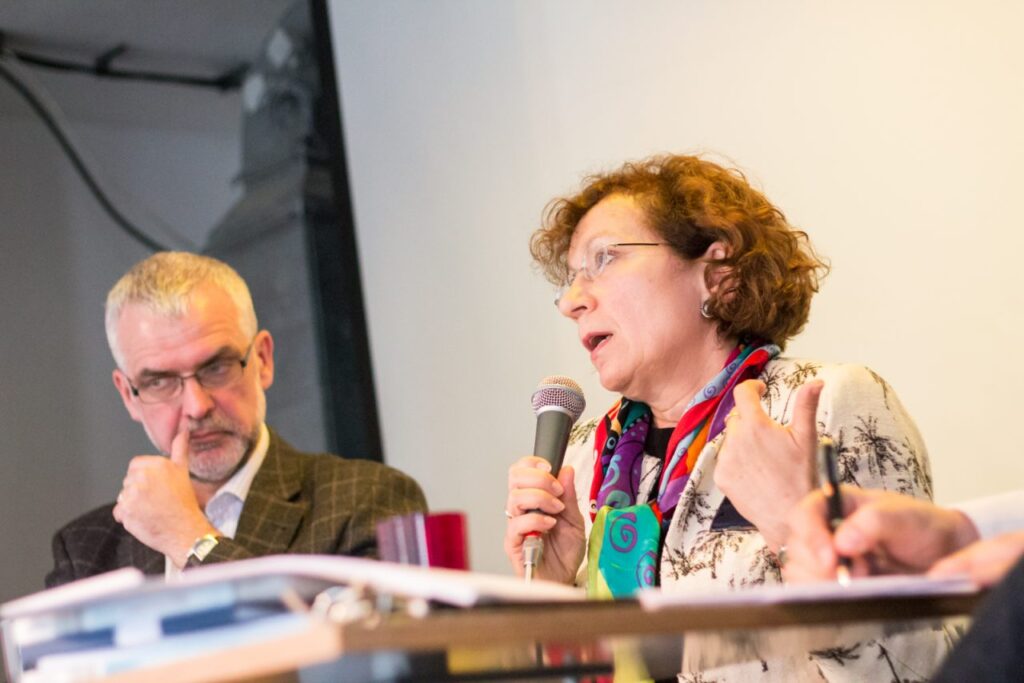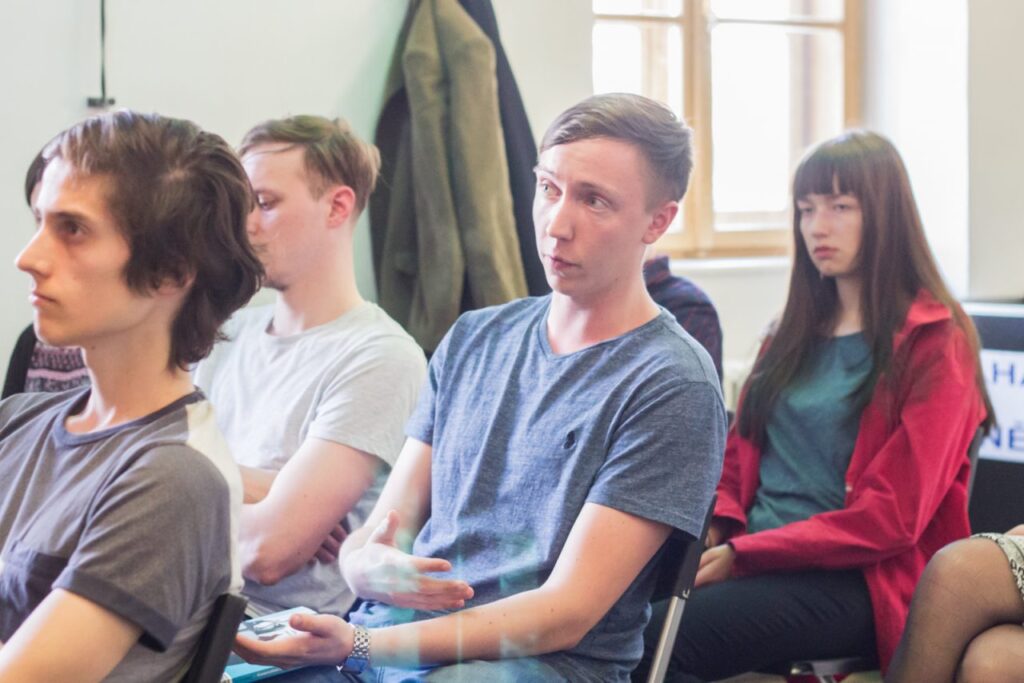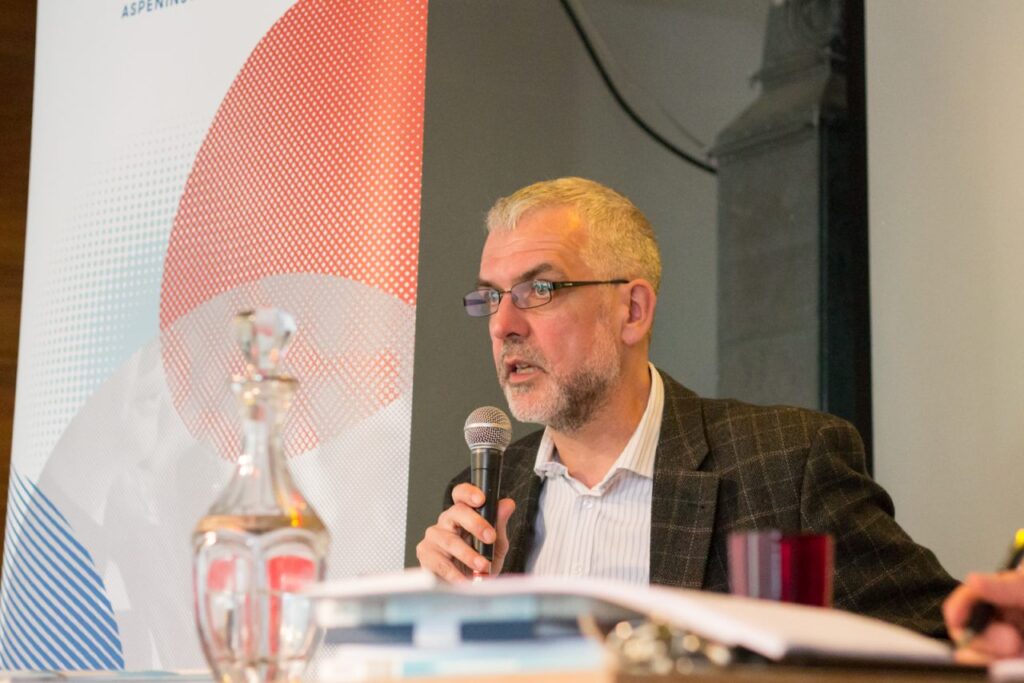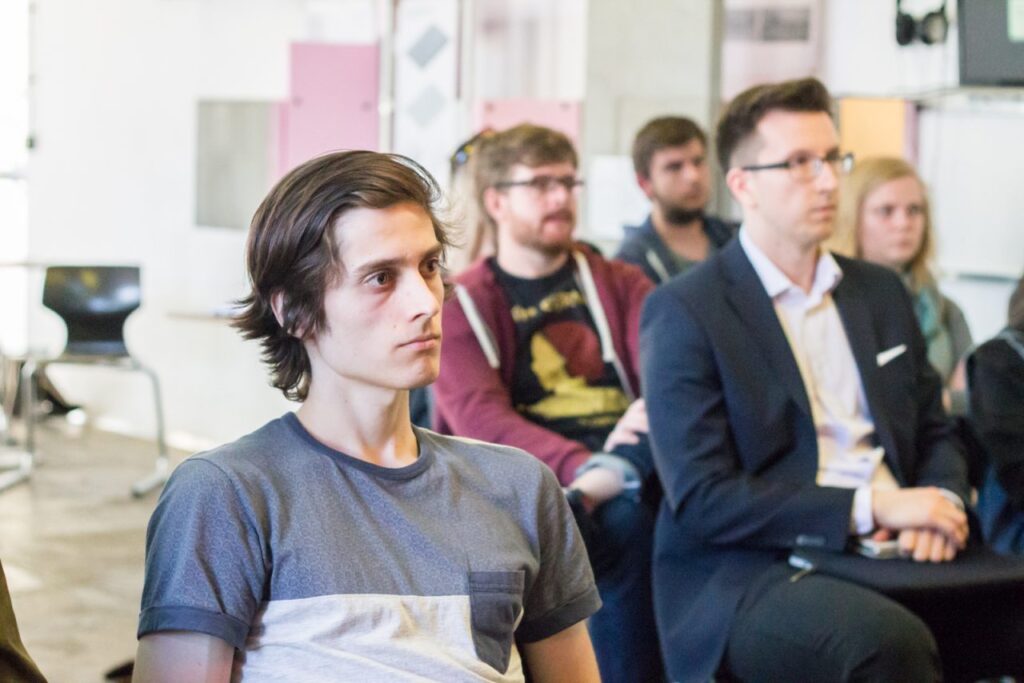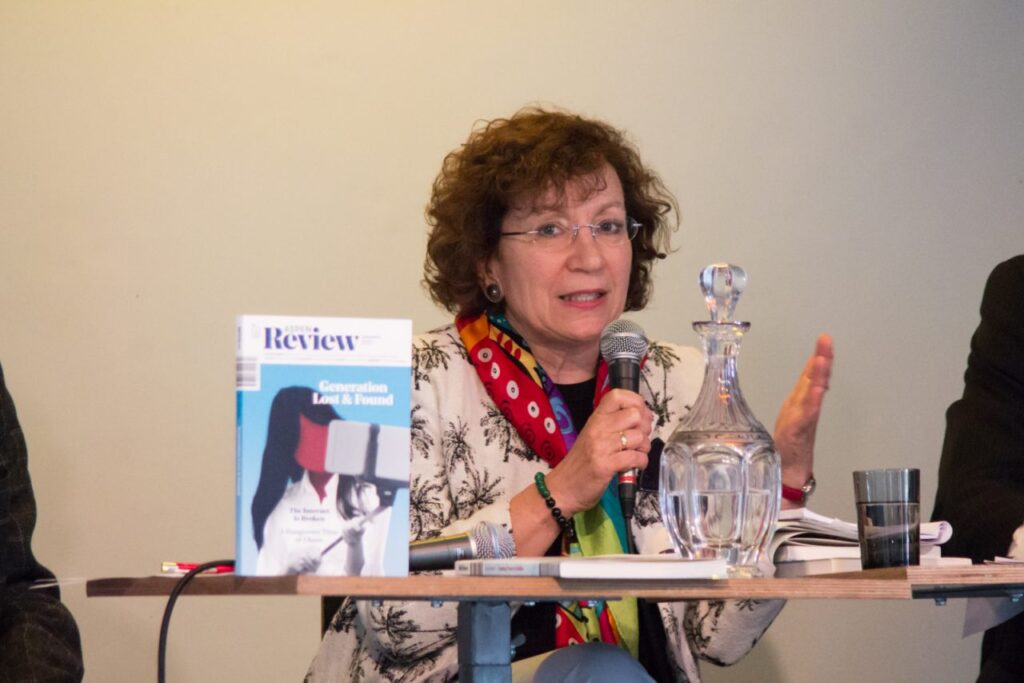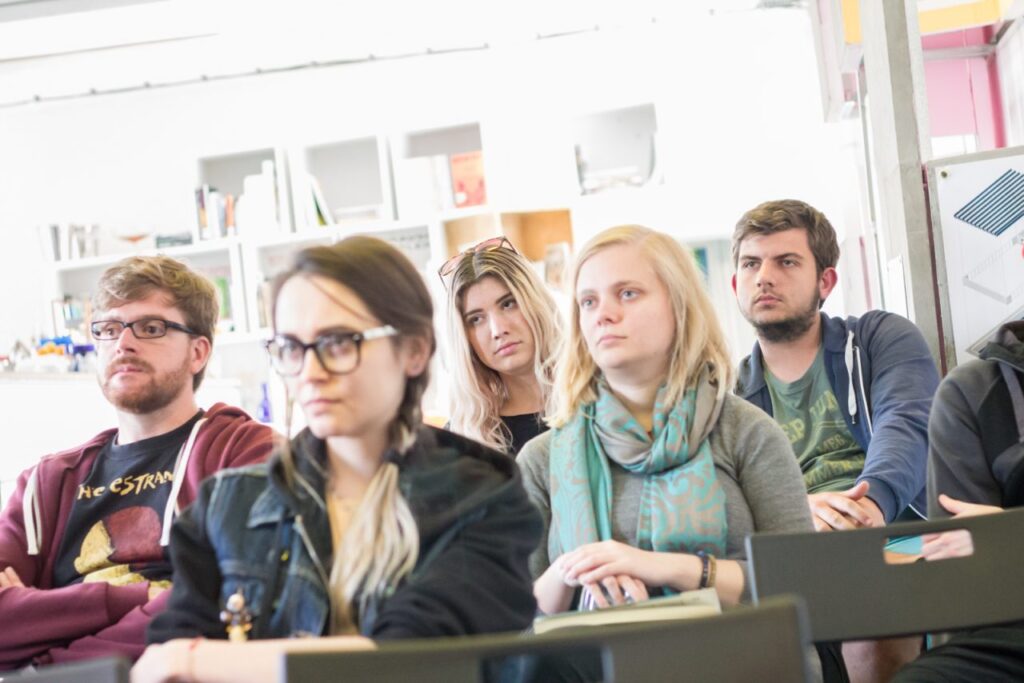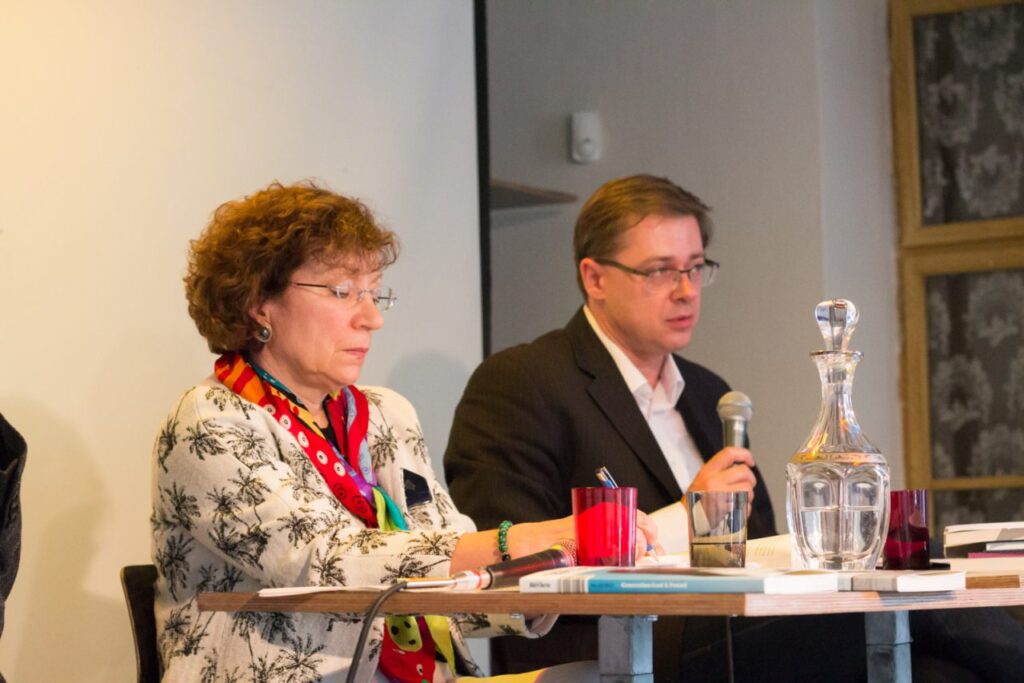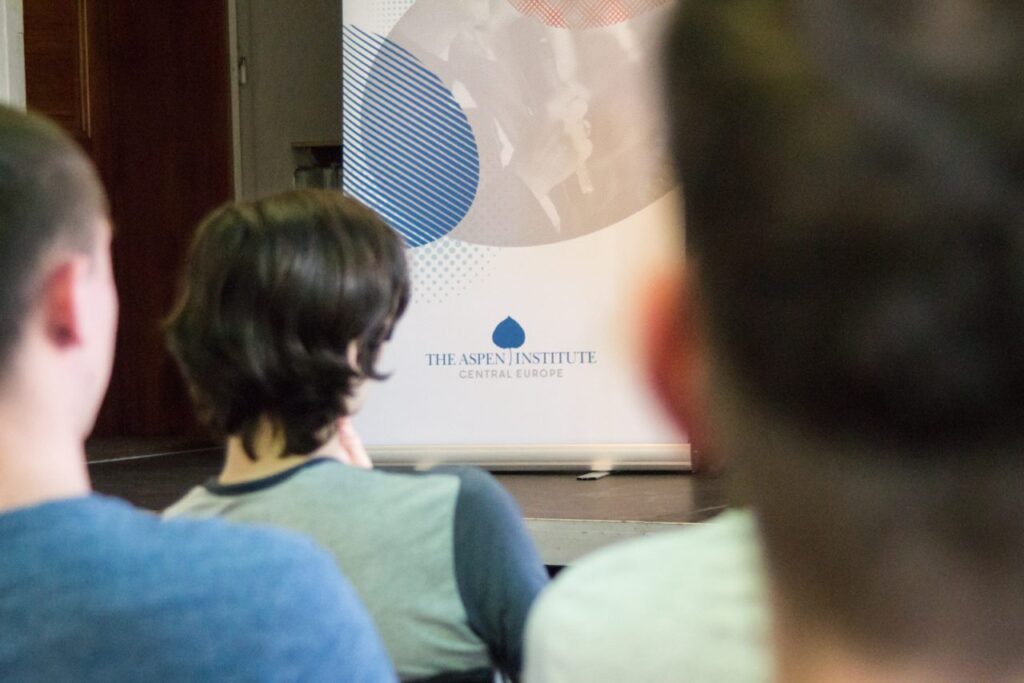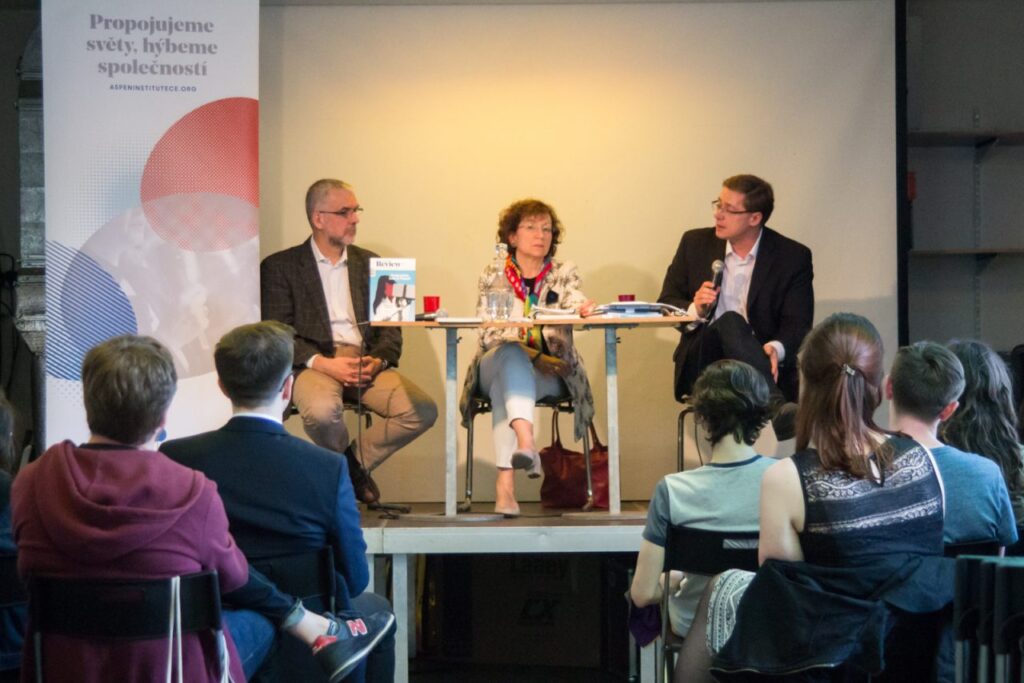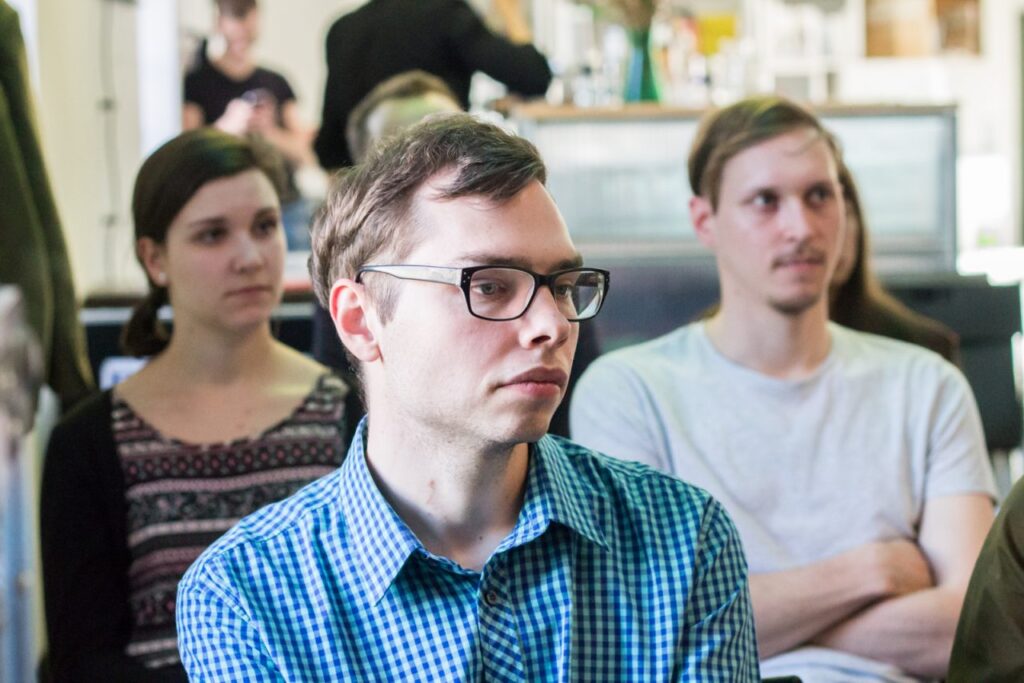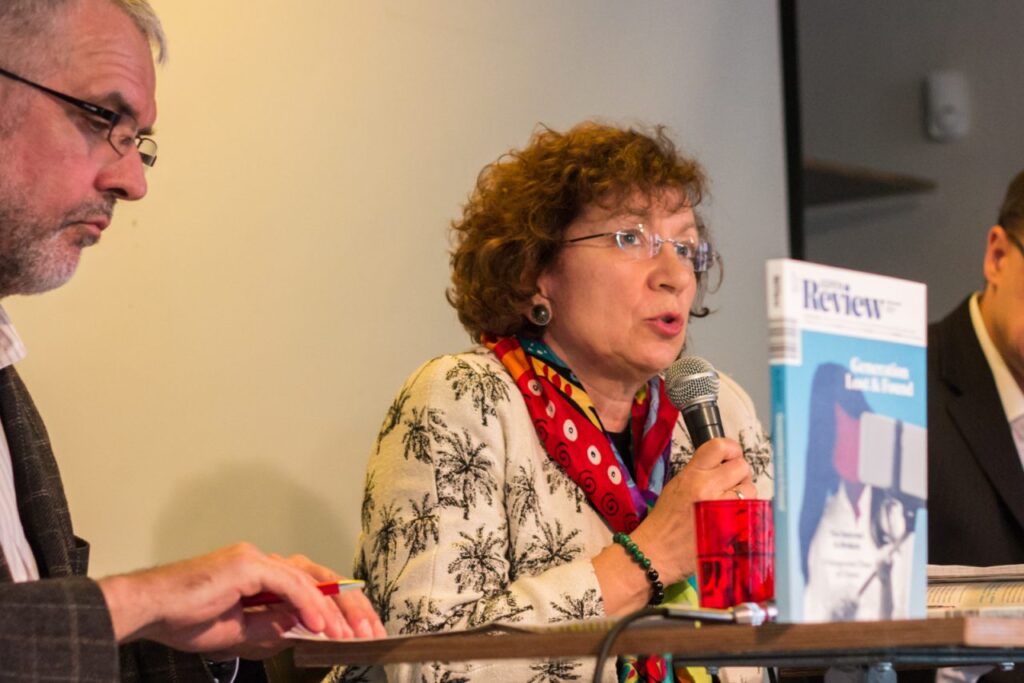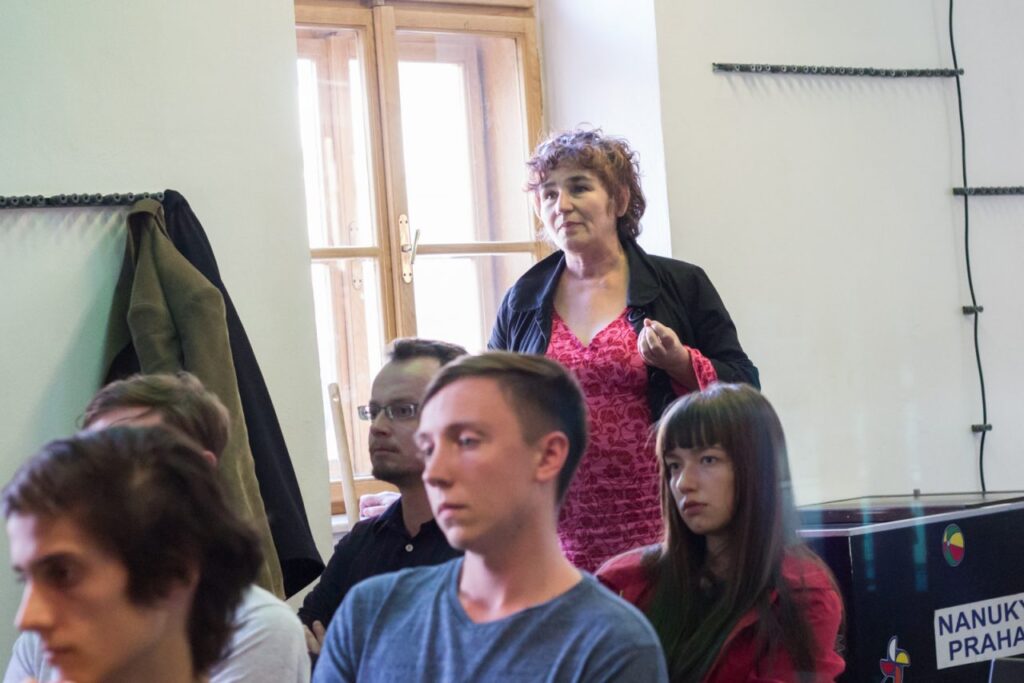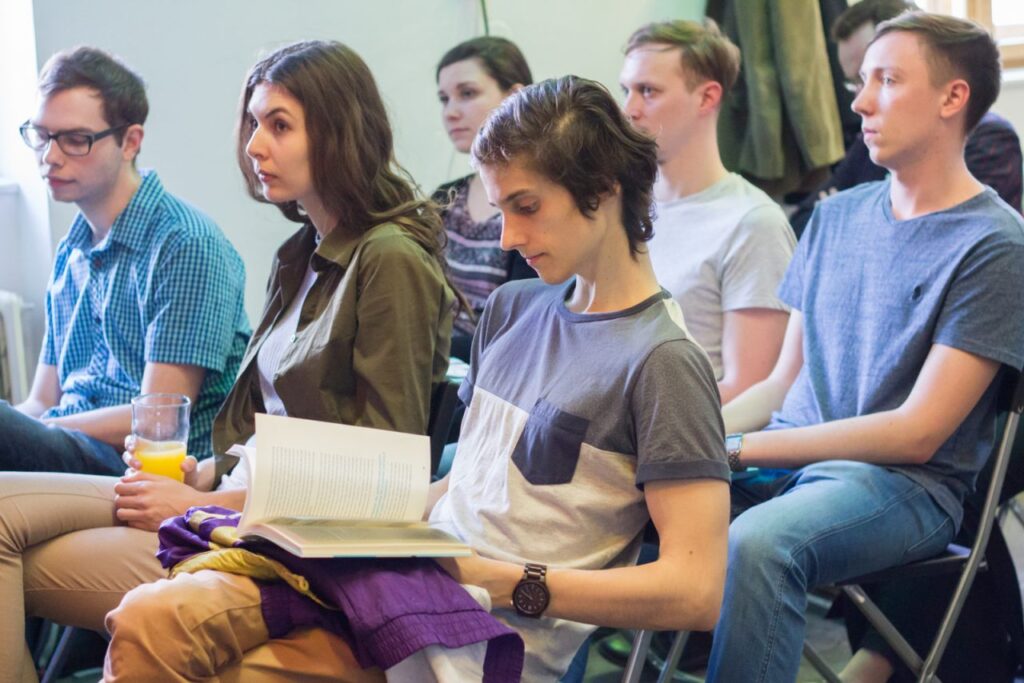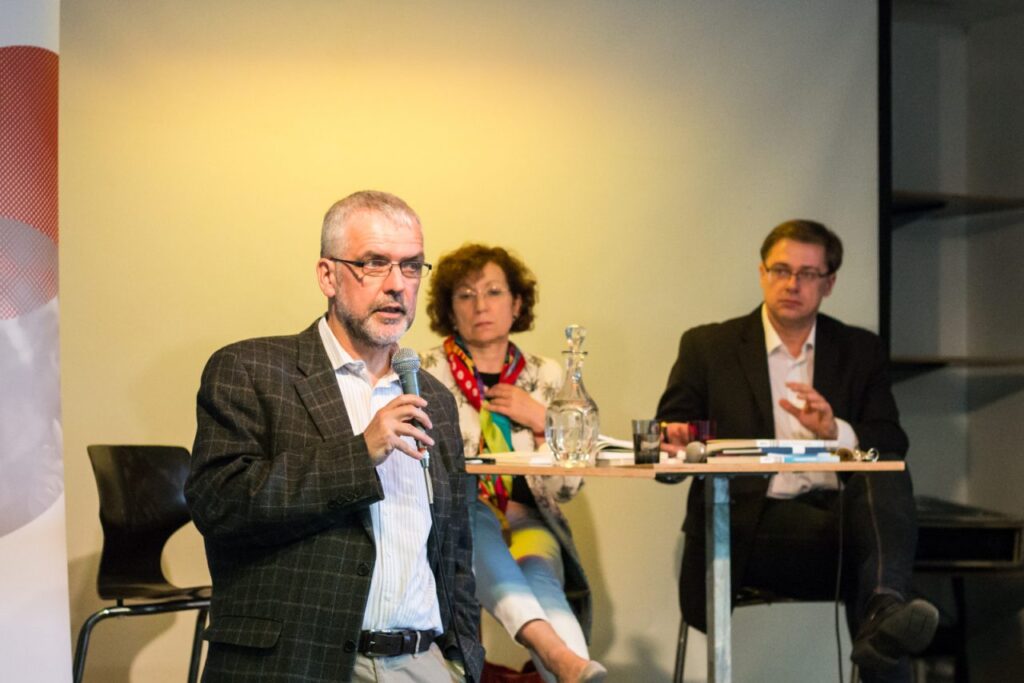The Aspen Review Café series this time focused on the topic of the extremism of the young. We introduced the new issue of Aspen Review CE entitled Generation Lost & Found. Two distinguished guests accepted our invitation to take part in a discussion on May 24, 2017 at Brno: Oľga Gyárfášová (Comenius University in Bratislava; author of the article in new Aspen Review CE) and Michal Vašečka (Masaryk University, Brno). The debate was chaired by Jiří Schneider (ACE).

The guests spoke about the causes of the rise of the radicalism among young people in Slovakia and the impact of education on the choices of young voters. We discussed the lack of political alternatives to the extremist parties, the role of internet, online communication and the family.
Referring to her article in the latest issue of the quarterly, Oľga Gyárfášová pointed out that 23% of first-time voters in Slovakia were voting the extremist party.
Young people don’t have an alternative, so they are becoming ‘protest voters’. The worst is the communication emptiness, when no one speaks about the matter and only social networks are taken into account.
– Oľga Gyárfášová
The schools are failing to cultivate a civil society as even some teachers support radical ideologies. In most families politics is not discussed today and as a consequence young voters tend to search the information on the Internet. According to Gyárfášová, the communication on social networks leads to even deeper polarization of a society that is already polarized.
Youth breaking old rules, but not creating new?
Michal Vašečka emphasized the importance of the socialization within the family. He agrees that the lack of solid school system has a negative impact on the young generation. Vašečka added that in comparison with Czechs, the Slovak youngsters have worse education results. They also do not perform well even in digital literacy.
The young people want to break the established rules, but the question is whether they want to build something new? – Michal Vašečka
For young people there is no one to vote for; even the society does not have a positive vision. “A positive mobilization element is missing,” added Oľga Gyárfášová. Also, the prestige of the Parliament as an important place for discussion with the civil society has to be increased.
Closing the discussion, our guests also underlined the importance of rejecting extremism. We should also focus on fostering the institutions dealing with radicalism.


